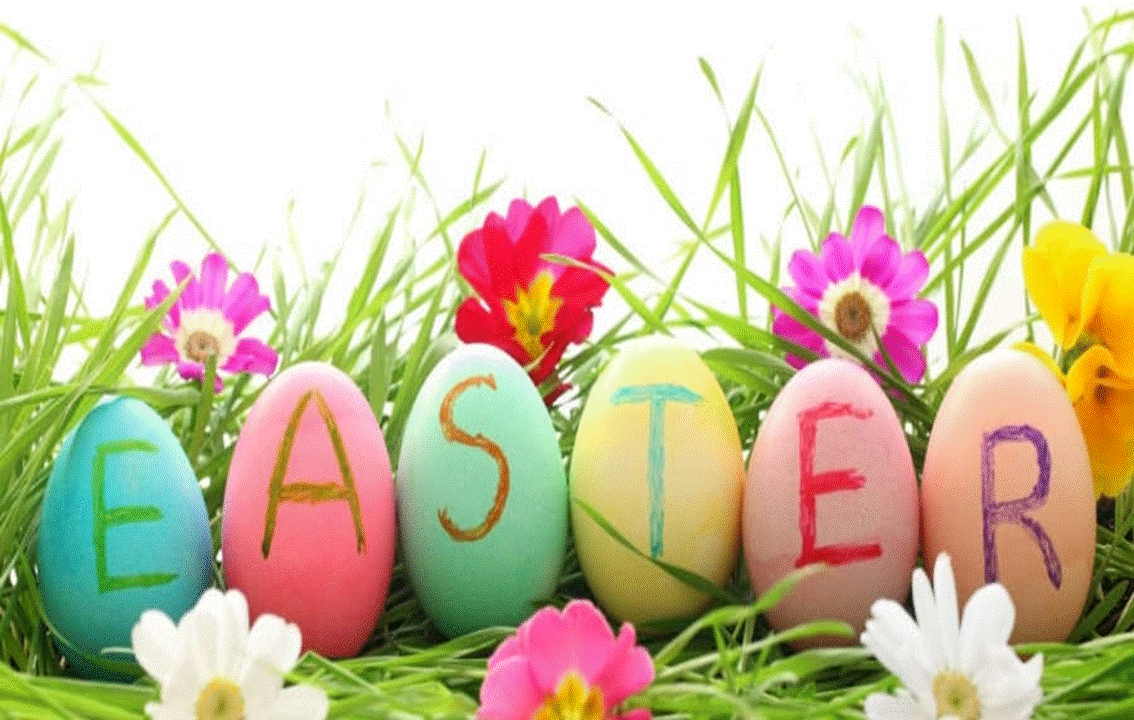GREEK ORTHODOX EASTER CELEBRATIONS IN CYPRUS
A CELEBRATION OF FAMILY, FAITH & FUN
Easter is one of the most important religious holidays in Cyprus. It is a time for both religious and cultural celebration, bringing families and friends together in joyous celebration. From the solemn observance of Holy Week to the colourful traditions of Easter Sunday, Cyprus offers a unique experience for those looking to celebrate this important religious holiday. Dictated by age-old traditions, several church services take place, as well as the symbolic gesture of colouring boiled eggs and the roasting of CYPRUS SOUVLA. Traditional Cypriot folk music also takes centre stage, and in this way, most Cypriots honour the deep cultural traditions that have existed on the island for centuries.
WHY DOES CYPRUS CELEBRATE EASTER AT A DIFFERENT TIME?
Easter remains a unique fusion of both religious and cultural practices that dominate Cyprus every spring. Greek Orthodox Christianity, which also represents large parts of Eastern Europe and Russia, follows the Julian calendar. This differs from the Gregorian calendar that most Catholic and Western European countries follow. As a result, Easter dates differ but do align every six years.
THE ROLE OF THE CHURCH
The Greek Orthodox Church remains a significant pillar of society on the island, and Easter remains one of the most important religious holidays in the Greek Orthodox calendar. As a result, Greek Cypriots celebrate the occasion with great enthusiasm, and the Greek Orthodox Church plays a vital role in all of the Easter festivities. Greek Orthodox Easter has brought communities on the island together for centuries and this is illustrated today by entire communities that congregate at their local church to commemorate the resurrection of Christ. Greek Orthodox Christians attend church services throughout Holy Week, receiving the holy light from the sacred flame. This represents a message of hope and renewal. A procession, held in the streets on Good Friday, represents the crucifixion of Christ, and then a church service on Easter Sunday celebrates the resurrection of Christ.
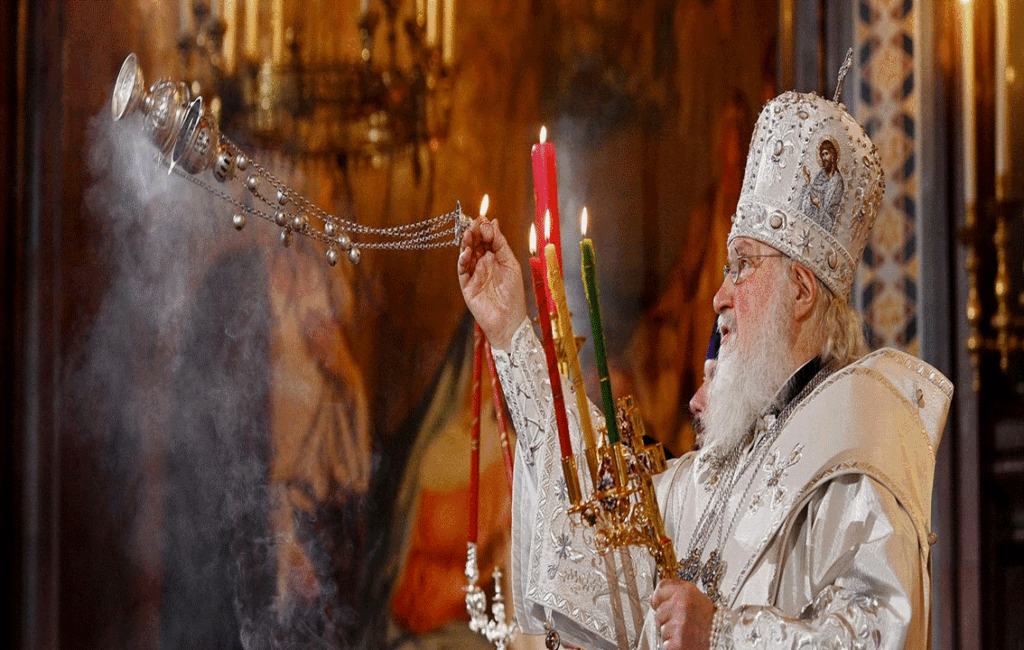

A BLEND OF RELIGIOUS AND CULTURAL PRACTICES
Easter in Cyprus is an occasion for family gatherings, religious observance, and traditional feasting. Easter Sunday marks the end of the 40-day fast during Lent, and the aroma of spit-roasted meats fills the air. Friends and family gather to enjoy the lively atmosphere, and the traditional Easter meal centres on the famous CYPRUS SOUVLA, when succulent pieces of lamb or pork are spit-roasted over an open flame.
CHEESE PIES, COLOURED EGGS & LOCAL FIREWATER
Traditional Cypriot cheese pies, also known as FLAOUNES come to the forefront throughout Easter. Although readily available in most bakeries on the island, these delicious pastries are often homemade and come in several variations. No Easter celebration in Cyprus is complete without them, along with coloured eggs and a shot of ZIVANIA. The local firewater that packs a punch is often raised in a toast celebrating the Easter festivities.
EGG-CRACKING BATTLES
Another beloved tradition during Easter festivities is the egg-cracking battles. These take place in nearly every Cypriot household on Easter Sunday. This adds an element of fun to the festivities. Boiled eggs are coloured with a dye, and then everybody in attendance chooses one. The most popular colour is red as this represents the blood of Christ. After everybody chooses their egg, a last person standing competition then takes place with each person tapping the other’s egg until one of them cracks. The winner of this light-hearted game is the person who remains with their egg intact. They are said to receive good fortune for the rest of the year.
HOLY THURSDAY
Holy Thursday will occur on April 17th this year. This is when the traditional Easter pies, also known as FLAOUNES are prepared. They typically contain a mixture of cheeses, sultanas and mint fillings. FLAOUNES become a staple at Easter time and they are often consumed during the weeks following the Easter celebrations. Hard-boiled eggs that are coloured using a red food dye are also usually prepared on this day. These symbolise the blood that Christ shed on the cross. Orthodox Christians attend church in the evening to mourn Christ’s crucifixion. Black veils, symbolising grief, usually cover church icons on this day.
HOLY FRIDAY
Good Friday will occur on April 18th this year. It is a public holiday in Cyprus and Orthodox Christians commemorate the events leading to Christ’s crucifixion. Churchgoers take flowers to their local church to decorate the Holy Sepulchre known as the Epitafios. A procession of people led by local priests begins after the evening church service when the Epitafios is carried around the neighbourhood and then back to the church again.
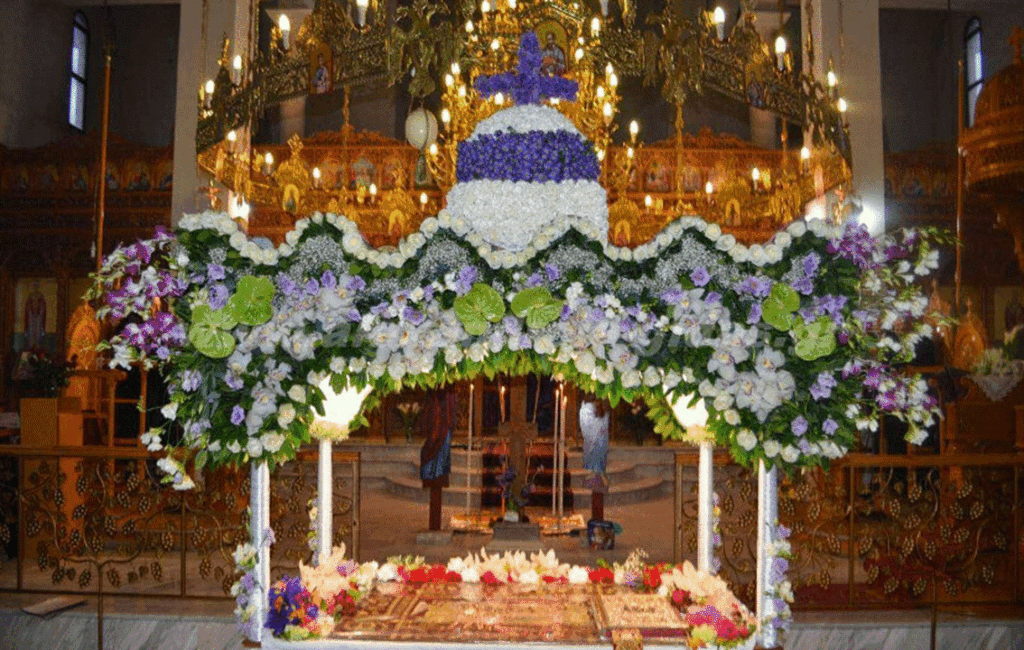
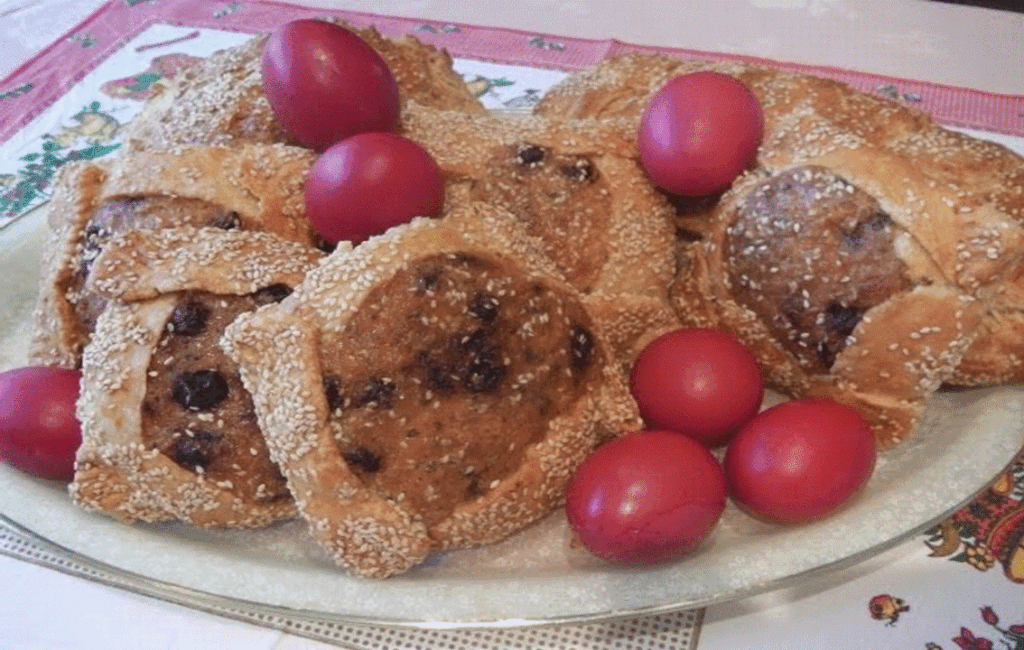
HOLY SATURDAY
Holy Saturday will occur on April 19th this year. It is the day before the resurrection of Christ and many Orthodox Christians commemorate his burial on this day. Significance is placed on the midnight mass, which is a very important event and is held at all churches on the island. Church bells ring in unison at midnight and this marks Christ’s resurrection. Orthodox Christians light candles from the holy flame to symbolise this and then return home to enjoy a traditional Easter ‘AVGOLEMONO’ soup made from eggs, rice and lemon.
EASTER SUNDAY
Easter Sunday will occur on April 20th this year. This is the day of the ressurection and marks the end of fasting. Families gather after the Easter Sunday church service for reflection and celebration. Lamb is usually spit roasted on charcoal and the symbolic cracking of dyed eggs takes place. Cypriots greet each other with the phrase ‘Christos Anesti’ which means ‘Christ has risen’. FLAOUNES are usually consumed instead of bread and feasting, playing games, music and dancing often takes place in nearly every household on the island.
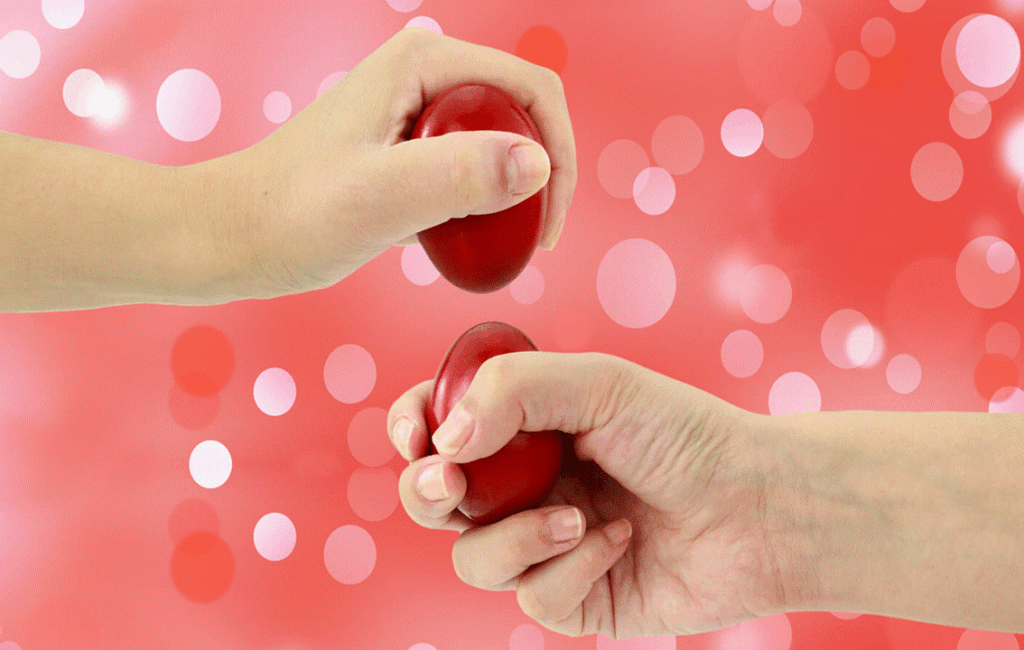

EASTER MONDAY
Easter Monday will occur on April 21st this year. This day is a public holiday and it is a day where Cypriots come together by attending organised communal festivities and events. These include a number of traditional games, which are normally held in village squares all over Cyprus. The Easter legacy is further compounded by the spirit of the occasion. This creates an unforgettable jubilant atmosphere that has to be experienced at least once in a lifetime.

IT'S ALL ABOUT FLAOUNES!
Easter is a joyful, heart-warming celebration that is vigorously celebrated across Cyprus.
Easter celebrations would not be complete without the mouth-watering aroma of traditional Cypriot baking.
These include Flaounes, and for most Cypriots, Easter simply would not be the same without them!
What are flaounes?
They are savoury or slightly sweet cheese-based pies that are filled with a blend of local cheeses. They are usually consumed instead of bread across the island throughout the Easter period.
What do they look like?
As they are mostly homemade, they often come in different shapes and sizes, but always include cheese and sesame seeds. Most versions are triangular, square, or round in shape.
What do they taste like?
A savoury Flaouna typically features various cheeses, including large amounts of halloumi cheese. The sweet version usually features anari cheese, raisins or sultanas, and fresh mint. Both versions are traditionally topped with generous amounts of sesame seeds.
When are they made?
Traditionally, homemade versions are baked on Holy Thursday. Bakeries across Cyprus, however, produce them all year round.
EASTER OPENING HOURS
Supermarkets
- Holy Thursday: Normal working hours in operation
- Good Friday: Normal working hours in operation with early closure at 6 pm
- Easter Saturday: Normal working hours in operation with early closure at 6 pm
- Easter Sunday: Closed
- Easter Monday: Closed
- Tuesday: Normal working hours in operation
- Wednesday: Normal working hours in operation
Retail shops
- Holy Thursday: Normal working hours in operation
- Good Friday: Normal working hours in operation with early closure at 6 pm
- Easter Saturday: Normal working hours in operation with early closure at 6 pm
- Easter Sunday: Closed
- Easter Monday: Closed
- Tuesday: Normal working hours in operation
- Wednesday: Normal working hours in operation
Shopping Malls
- Holy Thursday: Normal working hours in operation
- Good Friday: Normal working hours in operation with early closure at 6 pm
- Easter Saturday: Normal working hours in operation with early closure at 6 pm
- Easter Sunday: Retail outlets remain closed, but restaurants, cafes and cinemas remain open.
- Easter Monday: Retail outlets remain closed, but restaurants, cafes and cinemas remain open.
- Tuesday: Normal working hours in operation
- Wednesday: Normal working hours in operation
Bakeries
- Holy Thursday: Normal working hours in operation
- Good Friday: Normal working hours in operation
- Easter Saturday: Normal working hours in operation
- Easter Sunday: Normal working hours in operation
- Easter Monday: Normal working hours in operation
- Tuesday: Normal working hours in operation
- Wednesday: Normal working hours in operation
kiosks
- Holy Thursday: Normal working hours in operation
- Good Friday: Normal working hours in operation
- Easter Saturday: Normal working hours in operation
- Easter Sunday: Normal working hours in operation
- Easter Monday: Normal working hours in operation
- Tuesday: Normal working hours in operation
- Wednesday: Normal working hours in operation
Banks
- Holy Thursday: Normal working hours in operation
- Good Friday: Closed
- Easter Saturday: Closed
- Easter Sunday: Closed
- Easter Monday: Closed
- Tuesday: Closed
- Wednesday: Normal working hours in operation
